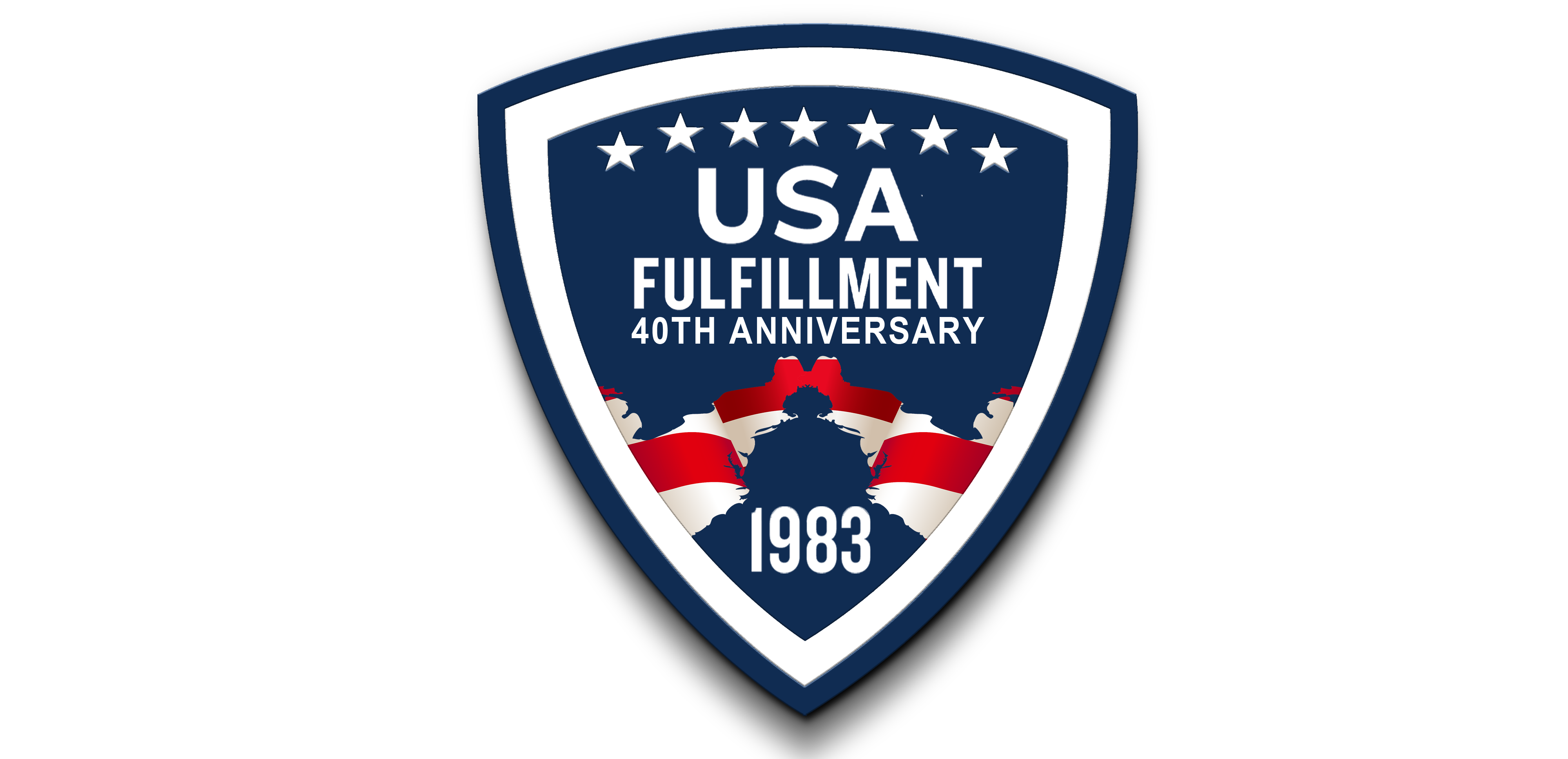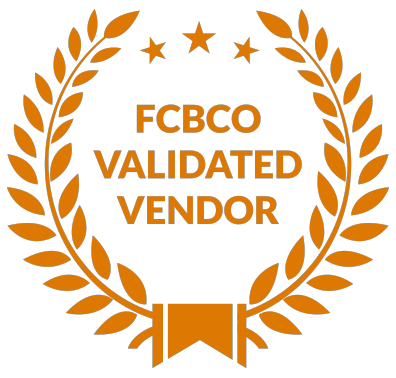Adaptive Warehousing: Will Flexibility Decide the Fate of Your Fulfillment Strategy?
Adaptive Warehousing: Will Flexibility Decide the Fate of Your Fulfillment Strategy?
…
Adaptive Warehousing
Picture this: it’s the holiday rush, and orders are pouring in faster than you can blink. Your team scrambles to keep up, but a rigid system slows everything down. Sound familiar? With current standards to uphold, businesses are expected to pivot on a dime—whether it’s due to unpredictable demand, supply chain hiccups, or ever-evolving customer expectations.
This is the reality of modern fulfillment. The companies thriving today aren’t the ones stuck in their old ways; they’re the ones embracing flexibility. Adaptive warehousing isn’t just a buzzword—it’s the secret to staying ahead in a world that refuses to stand still. Are you ready to reimagine your strategy and take the lead? Let’s dive in.
What Is Adaptive Warehousing?
Adaptive warehousing refers to a highly flexible, scalable approach to managing warehouse operations and fulfillment. Unlike traditional static models that operate within fixed systems and processes, adaptive warehousing thrives on responsiveness, using real-time data, automation, and innovative strategies to adjust to ever-changing demands.
Key characteristics of adaptive warehousing include:
- Scalability: Ability to expand or contract operations based on seasonal fluctuations or sudden demand changes.
- Agility: Rapid reconfiguration of storage layouts, workflows, or shipping processes to meet specific needs.
- Technology Integration: Real-time inventory tracking, predictive analytics, and AI-driven decision-making.
- Collaboration: Seamless coordination with suppliers, carriers, and distribution networks.
In essence, adaptive warehousing turns a static operation into a dynamic, living system that evolves with the needs of your business and customers.
Why Flexibility Is the Future of Fulfillment
The modern marketplace demands flexibility in ways we’ve never seen before. Here are a few reasons why a rigid fulfillment strategy can no longer keep up:
- Fluctuating Customer Expectations: Today’s customers want faster deliveries, more transparency, and customized options. A rigid system struggles to meet these demands.
- Seasonal Surges and Market Volatility: Whether it’s holiday shopping or unexpected supply chain disruptions, businesses must adapt quickly to maintain service levels.
- Global Competition: Competitors leveraging agile and efficient supply chains can outpace slower, less adaptive operations.
Flexibility isn’t just a “nice-to-have” anymore—it’s a necessity. Businesses that fail to adopt a flexible approach risk falling behind.
Assess Current Fulfillment Efforts. Take Quiz Now!
The Benefits of an Adaptive Fulfillment Strategy
An adaptive warehousing model offers a host of advantages that directly impact the health and success of your business:
- Improved Customer Experience
Flexibility ensures orders are processed and delivered accurately and on time, even during peak seasons or unexpected disruptions. Satisfied customers are more likely to return and recommend your business. - Cost Efficiency
By scaling operations as needed, adaptive warehousing helps eliminate wasted resources and reduces overhead. You only pay for what you use, rather than maintaining costly, underutilized facilities. - Risk Mitigation
The ability to pivot quickly minimizes the impact of supply chain disruptions, such as shipping delays or inventory shortages. - Enhanced Operational Efficiency
Leveraging technology like automation and predictive analytics reduces manual labor and optimizes workflows, increasing productivity. - Competitive Edge
Businesses with flexible fulfillment strategies can respond faster to market trends and customer needs, leaving rigid competitors struggling to keep up.
How 3PL Providers Unlock Flexibility
If adaptive warehousing sounds daunting to implement in-house, you’re not alone. Building a flexible fulfillment strategy requires significant resources, expertise, and infrastructure. This is where partnering with a 3PL provider becomes invaluable.
3PL providers are specialists in logistics and fulfillment, offering adaptive solutions that help businesses of all sizes navigate the complexities of modern supply chains. Here’s how they make flexibility achievable:
- Access to Scalable Infrastructure
3PL providers operate vast networks of warehouses and distribution centers, allowing you to scale your operations up or down as needed without investing in physical assets. - Advanced Technology Integration
Many 3PLs use state-of-the-art tools like real-time inventory tracking, warehouse management systems (WMS), and AI-powered analytics to optimize operations and provide actionable insights. - Expertise in Managing Complexity
From navigating international shipping regulations to handling reverse logistics, 3PLs are equipped to manage the intricate details of fulfillment, so you don’t have to. - Cost-Effective Solutions
By pooling resources across multiple clients, 3PL providers can offer economies of scale that reduce overall costs while maintaining high service levels. - Focus on Core Business
Outsourcing warehousing and fulfillment allows you to dedicate more time and energy to your core business activities, such as product development or marketing.
Are You Ready for an Adaptive Future?
As businesses face increasing pressure to deliver faster, more personalized experiences, the need for adaptive warehousing and flexible fulfillment strategies has never been greater. But how can you tell if your current approach is holding you back?
Ask yourself:
- Can my current system handle sudden spikes in demand without delays or errors?
- Do I have the tools and expertise to leverage real-time data for decision-making?
- Am I prepared to scale operations efficiently as my business grows?
If the answer to any of these questions is “no,” it might be time to rethink your strategy.
The Bottom Line
Flexibility is the foundation of a successful fulfillment strategy in today’s fast-paced world. Adaptive warehousing empowers businesses to stay agile, reduce costs, and deliver exceptional customer experiences, but achieving this level of flexibility often requires the support of experienced partners.
By collaborating with a 3PL provider, you gain access to the infrastructure, technology, and expertise needed to navigate the challenges of modern logistics. More importantly, you position your business for long-term success in an increasingly competitive landscape.
The question is: Will flexibility decide the fate of your fulfillment strategy? With adaptive warehousing, the answer could be a resounding yes.
Interested in learning more? Give us a call, we’d love to chat!




